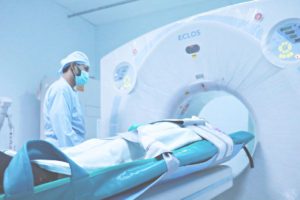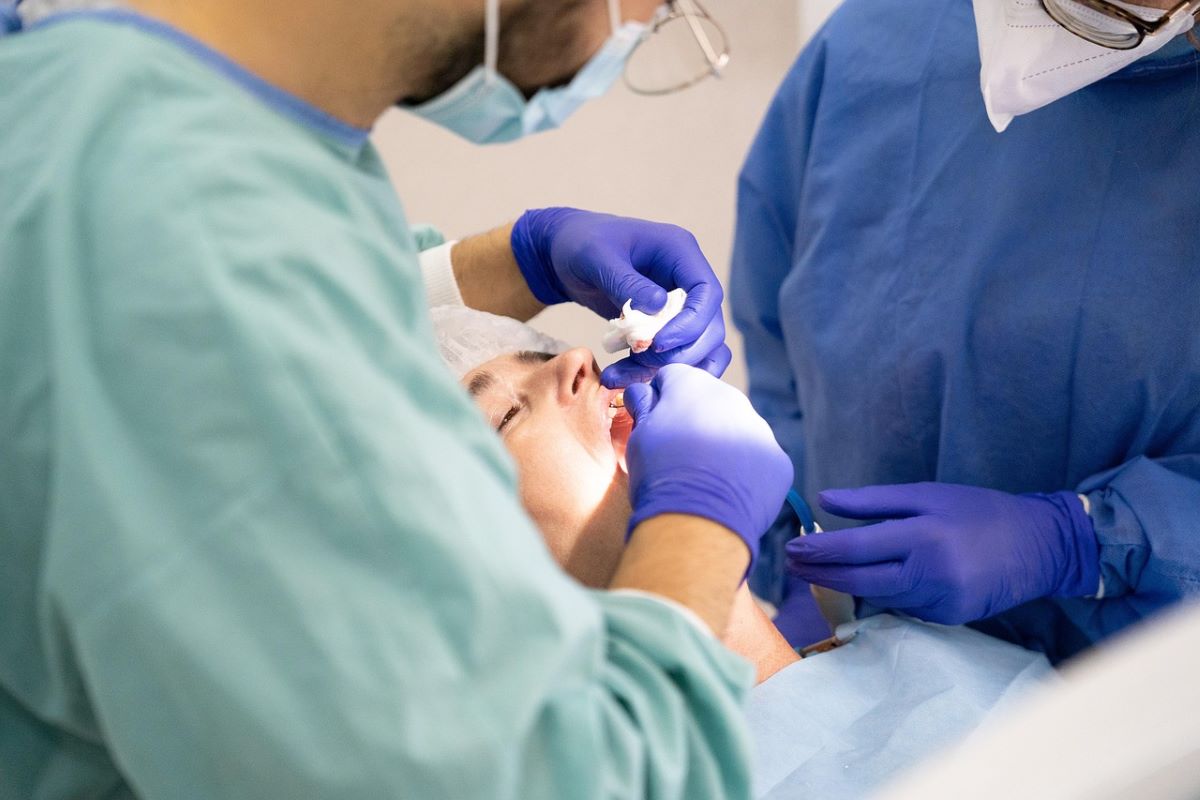Medical professionals today must continuously expand their expertise to provide effective patient care. In fast-paced healthcare environments, mastering dental information for patients plays a critical role in ensuring proper diagnosis and treatment for different oral health conditions. Enrolling in an urgent care course allows providers to develop essential diagnostic skills that improve decision-making in emergency dental settings. These courses focus on identifying critical dental issues, understanding imaging techniques, and applying advanced treatment methods to enhance patient outcomes. Modern healthcare relies on precision and efficiency, so mastering these skills is more important than ever.
Understanding the Fundamentals of Dental Diagnostics
A strong foundation in dental diagnostics is essential for any healthcare provider handling oral health concerns. Understanding dental imaging techniques such as X-rays, intraoral cameras, and digital scans allows professionals to detect abnormalities efficiently. Knowing when to recommend specific imaging methods is just as crucial as interpreting the results. Proper training ensures that providers can differentiate between normal and pathological conditions, enabling faster and more accurate treatment plans.
Beyond basic interpretation, healthcare professionals must also educate patients on oral health concerns, preventive measures, and treatment options. Clear dental information improves understanding and encourages proactive dental care.
Mastering Emergency Dental Care

Urgent care settings often require immediate decision-making, and dental emergencies are no exception. Recognizing critical conditions such as abscesses, fractures, and severe infections can significantly impact patient care. The timely and accurate assessment ensures that patients receive the necessary interventions without delay.
Training also includes distinguishing between minor dental concerns and severe conditions requiring urgent intervention. Some cases, such as mild tooth sensitivity, may not need immediate treatment, while others, such as exposed nerves or infections, demand prompt care. The ability to make this distinction helps providers prioritize patients effectively while preventing unnecessary procedures.
Effective Communication with Dental Specialists
While urgent care providers may perform preliminary assessments, collaboration with dental specialists is crucial for confirmation and expert intervention. Knowing how to relay findings, ask the right questions, and provide clinical context improves diagnostic accuracy and treatment planning.
Providers must also develop strong communication skills to explain conditions and treatment options clearly to patients. Effective communication between urgent care professionals and dental specialists enhances overall patient outcomes and reduces the risk of misdiagnosis.
Advancements in Dental Imaging and Diagnostic Tools
Modern dental care relies heavily on advanced imaging and diagnostic tools to enhance accuracy and efficiency. Providers must be proficient in using intraoral cameras, 3D imaging systems, and cone-beam computed tomography (CBCT) scans. These tools allow for detailed visualization of dental structures, aiding in the detection of problems such as bone loss, impacted teeth, and hidden infections.
Digital advancements also improve patient education. By displaying high-resolution images and scans, providers can explain conditions visually, making it easier for patients to grasp their dental health status. As technology keeps evolving, staying updated with the latest diagnostic tools ensures better treatment outcomes.
Rapid Decision-Making in High-Stress Situations
Urgent dental care often involves handling high-stress situations where rapid decision-making is critical. Whether dealing with a traumatic dental injury or a severe infection, providers must confidently assess symptoms and recommend immediate treatment.
Simulation-based training is an effective way to develop these skills. By practising with real-life scenarios, healthcare professionals can improve their ability to react to emergencies with precision and efficiency. Exposure to a wide range of dental illnesses during training ensures that providers are prepared to handle various urgent care situations.
Managing Trauma and Acute Dental Injuries
Dental trauma is a common reason for emergency visits. Providers must recognize injury patterns and determine the best course of treatment for cases such as chipped teeth, dislocations, and jaw fractures. Proper assessment and intervention can prevent long-term damage and complications.
Beyond visual inspections, imaging techniques play a crucial role in evaluating dental injuries. Understanding how to assess radiographic findings helps providers make accurate diagnoses and recommend appropriate treatment plans.
Identifying Subtle Dental Abnormalities
Not all dental issues present with obvious symptoms. Subtle conditions such as early-stage infections, minor fractures, and developing gum disease may go unnoticed without proper diagnostic techniques. Training in early detection methods helps prevent these conditions from worsening over time.
Providers must also be aware of incidental findings—unexpected dental concerns discovered during routine exams or imaging. Addressing these findings ensures that patients receive the necessary preventive care before problems escalate.
Enhancing Patient Education and Reducing Diagnostic Errors
Errors in dental assessments can lead to misdiagnoses, unnecessary treatments, or missed conditions that worsen over time. Developing strong analytical skills and following a structured approach to diagnosis helps minimize these risks. Training programs emphasize systematic evaluation, ensuring that no crucial details are overlooked.
Providing accurate dental information to patients also plays a role in improving health outcomes. Educating patients about symptoms, treatment options, and oral hygiene practices empowers them to take proactive steps in maintaining their dental health. Continuous learning, case reviews, and peer discussions help healthcare providers refine their diagnostic accuracy and build confidence in their decision-making.
The Future of Dental Emergency Care
With advancements in dental technology, urgent care providers must stay updated on emerging trends and tools that improve diagnostics and treatment efficiency. Artificial intelligence (AI) is being integrated into dental imaging software, assisting in the detection of cavities, fractures, and periodontal disease. AI-powered diagnostic tools enhance accuracy and help providers make quicker, data-driven decisions.
Telemedicine is also expanding in dental care, enabling remote consultations and expert guidance for urgent cases. Patients can receive initial evaluations and treatment recommendations before scheduling in-person visits, reducing wait times and improving access to care.
As dental technology advances, providers must continue expanding their expertise to provide the highest standard of care in urgent dental settings.



